Premier League Financial Fair Play (FFP) and UEFA Profit and Sustainability Rules can be complex and have caused controversy in recent years. In simple terms, Premier League clubs are allowed to have a maximum loss of £105 million across the previous three seasons. However, there are certain restrictions and conditions to meet this requirement. Clubs can only lose £15 million of their own money, and the remaining £90 million must be guaranteed by the owners through secure funding. Not all clubs utilize the full amount, with only Chelsea, Everton, and Leicester doing so in the most recent accounts. Clubs can also use a process called amortization to spread out the cost of transfer fees over several years. In addition to FFP, UEFA has its own set of rules that are slightly different. Clubs are allowed to make three-year losses of €60 million, with €55 million secured by the owners. There is also an additional cushion of €30 million for clubs deemed to be in good financial standing. However, UEFA’s rules are becoming more stringent, with clubs increasingly bound by squad cost limits. This is the amount clubs can spend on wages, transfer fees, and compensation as a proportion of their income.
Chelsea has been able to spend £1 billion due to various factors. They have been able to generate income through sales, particularly of academy players, which can be counted as pure profit. They have also brought in new sponsorship deals, such as the £40 million Infinite Athlete shirt sponsorship. Chelsea’s financial situation will become clearer when their accounts for the 2022/23 season are published.
Manchester United may have a boosted budget if Sir Jim Ratcliffe’s investment is approved by the Premier League. Under the Glazer ownership, the club has not utilized the full secure funding allowed. If Sir Jim’s investment is approved, Manchester United could potentially commit some of that money to transfer dealings in the future.
Arsenal, on the other hand, may need to make outgoing transfers to fund incoming ones due to their financial situation. They handed Mikel Arteta a £200 million war chest in the summer, which has left their finances finely balanced. They have already deferred payment for David Raya from Brentford to manage cash flow. Despite significant spending in recent transfer windows, Arsenal’s revenues are still catching up to their status as Champions League returnees.
Overall, Premier League clubs need to navigate FFP and UEFA rules carefully to ensure they stay within the limits and maintain financial stability. Some clubs have more leeway than others, depending on their owners’ willingness to provide secure funding and their ability to generate income through player sales and sponsorships. In the January transfer window, clubs like Chelsea and Manchester United may have more flexibility to make significant signings, while clubs like Arsenal may need to be more cautious with their spending and consider player sales to balance the books.



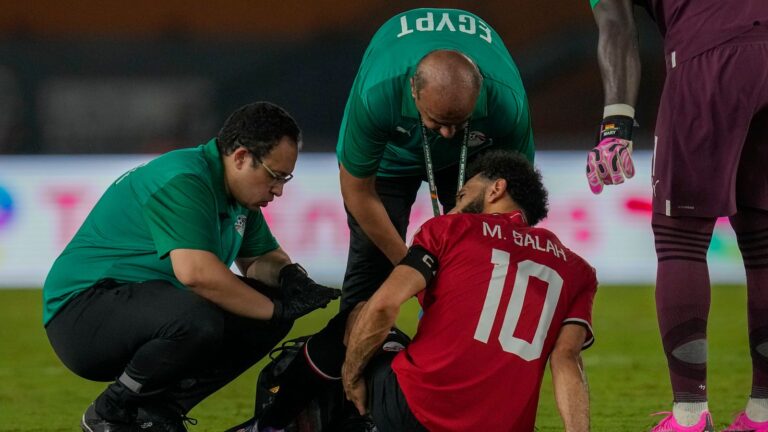
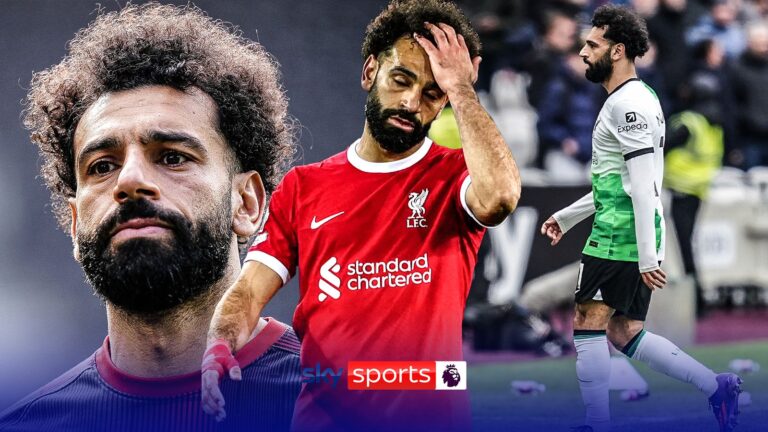
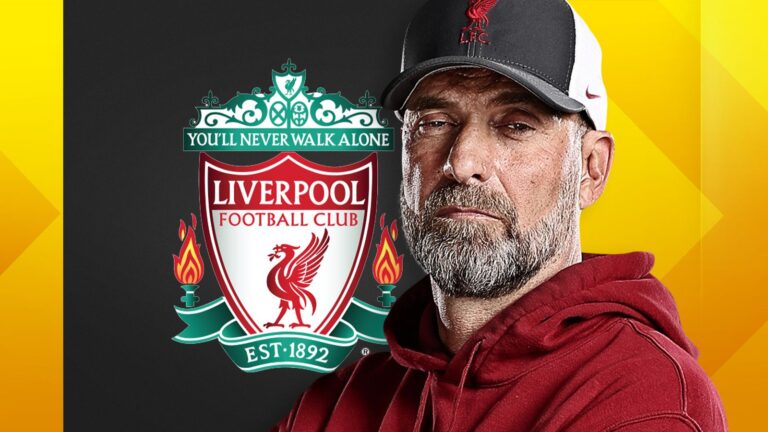
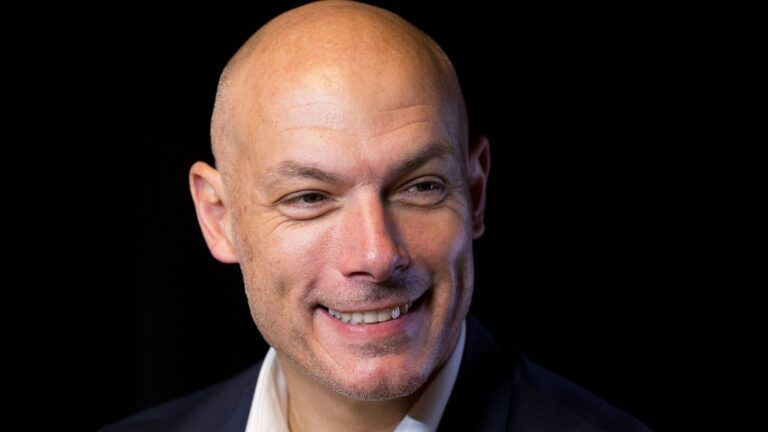





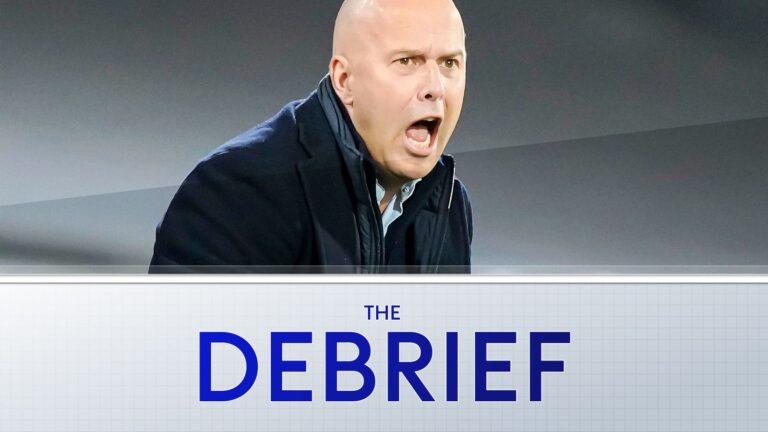
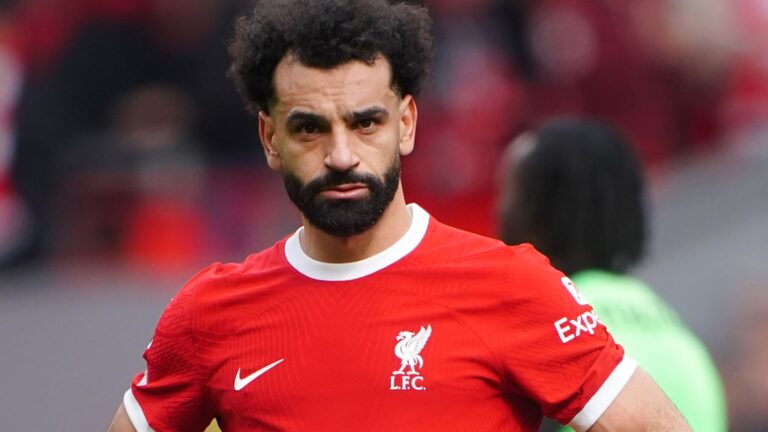
+ There are no comments
Add yours